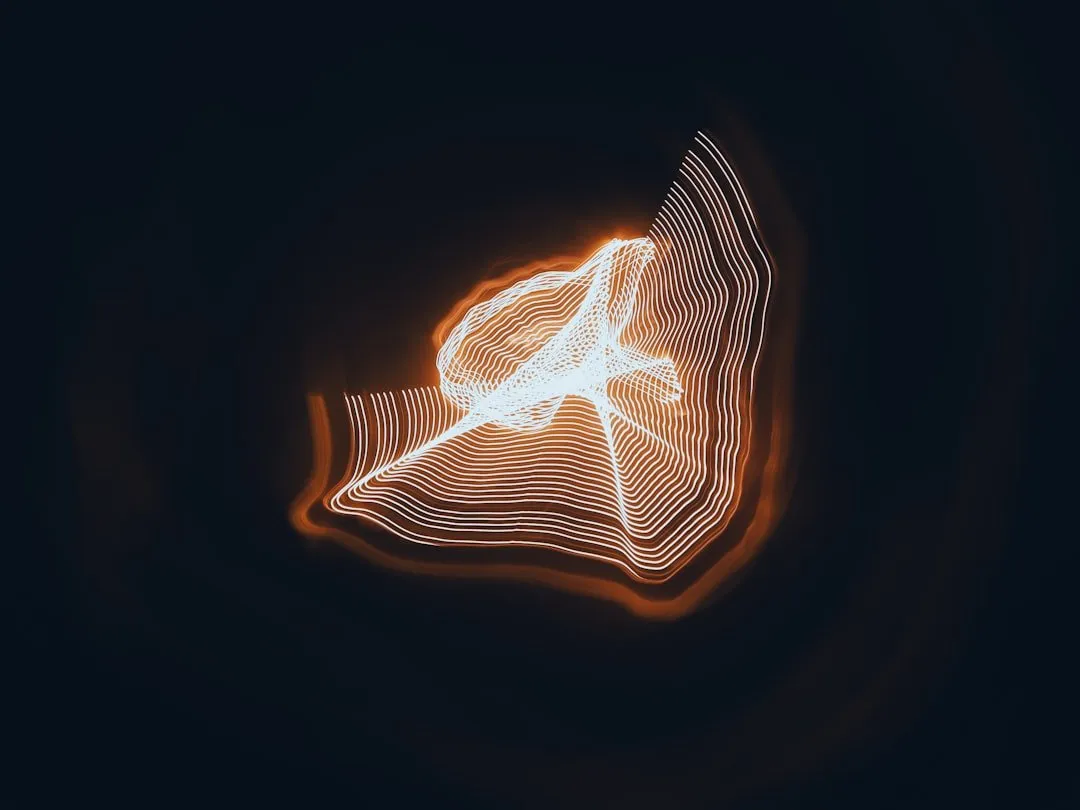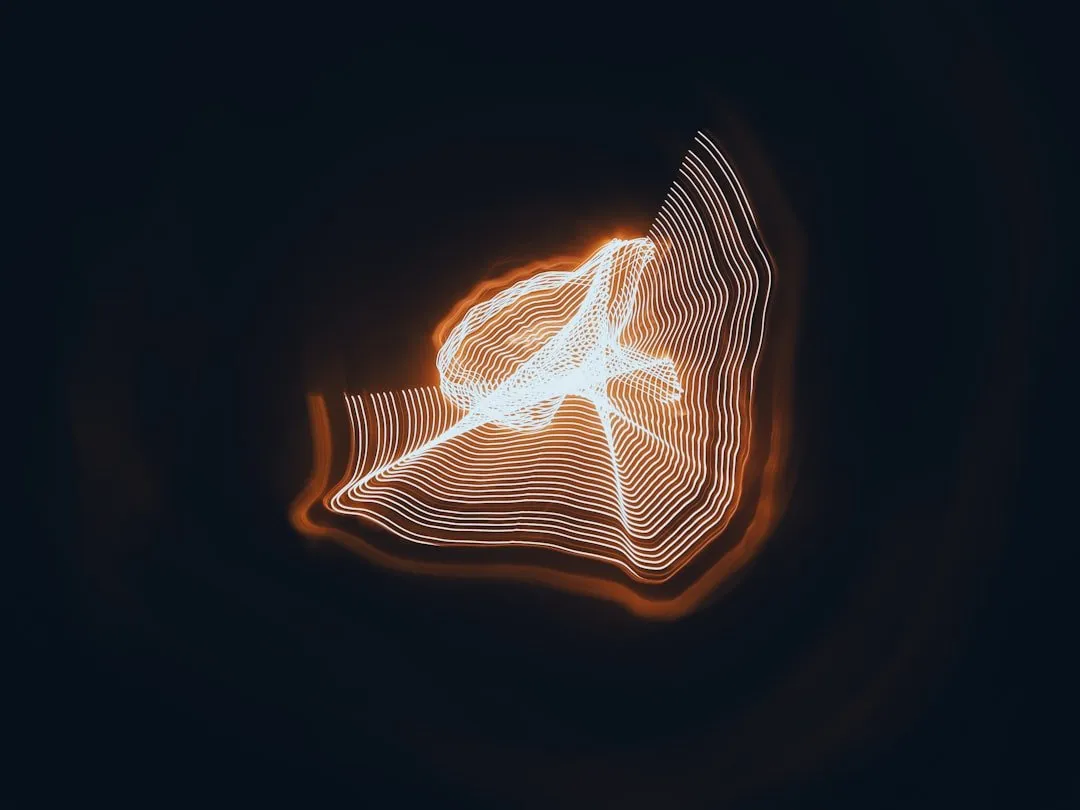Muscle soreness after workouts can be categorized into acute and delayed onset muscle soreness (DOMS), with different causes and timelines. Natural remedies like kratom, which interacts with opioid receptors for pain relief, and prolactin, a hormone aiding muscle repair and inflammation reduction, offer potential solutions. Personalized workout routines that include varied exercises and these natural extracts can enhance recovery, addressing unique body responses to exercise.
Do you suffer from lingering muscle soreness? It’s more than just a temporary discomfort; it’s a signal from your body that something needs attention. This article guides you through understanding the science behind muscle soreness, uncovering natural remedies like kratom and prolactin, and most importantly, offering personalized workout routines designed to optimize recovery. Learn how these strategies can work together to alleviate pain and restore your well-being.
- Understanding Muscle Soreness and Its Causes
- Exploring Kratom and Prolactin: Natural Allies for Relief
- Crafting Personalized Workout Routines for Optimal Recovery
Understanding Muscle Soreness and Its Causes
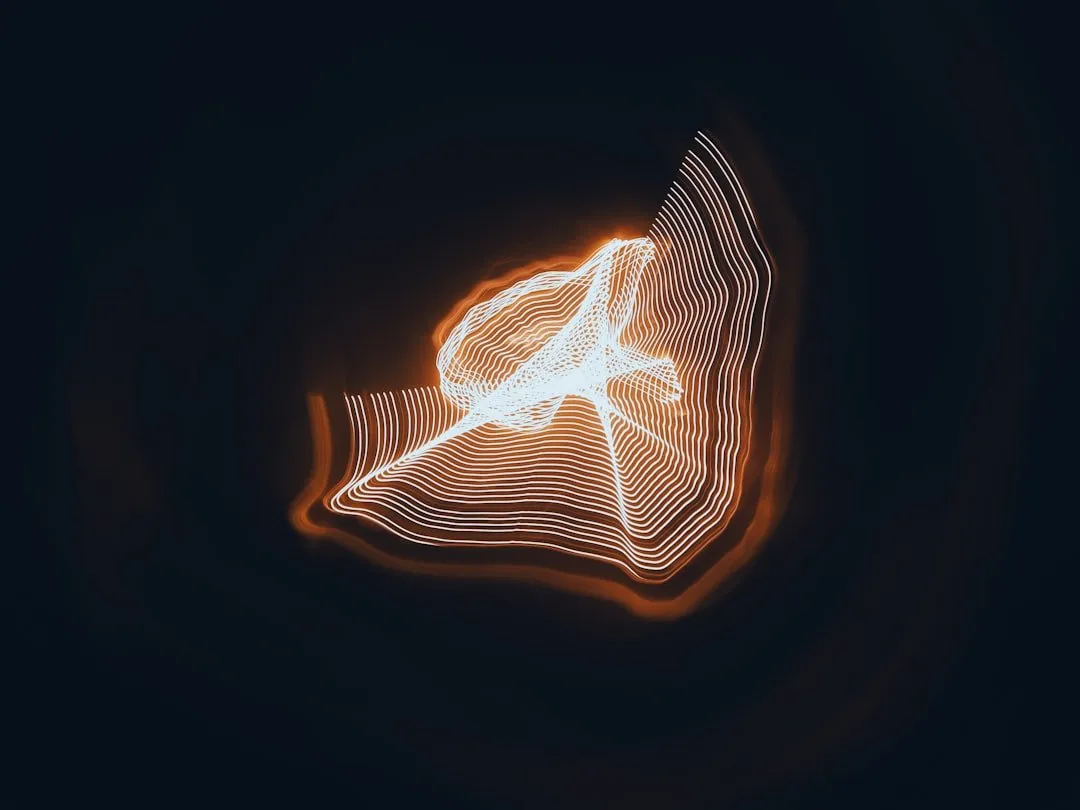
Muscle soreness is a common physiological response to physical exertion, particularly after intense or unfamiliar workouts. It’s typically categorized into two types: acute and delayed onset muscle soreness (DOMS). Acute soreness occurs during and immediately after exercise due to microscopic damage to muscle fibers, while DOMS kicks in 24-72 hours post-workout and is characterized by a painful sensitivity and reduced range of motion.
Several factors contribute to muscle soreness, including mechanical tension, inflammation, and altered hormone levels. Exercise that challenges muscles beyond their usual routine increases the risk of soreness. Interestingly, kratom—a natural herb known for its analgesic properties—has been shown to interact with opioid receptors in the body, potentially offering some relief from muscle pain. Additionally, prolactin, a hormone involved in various physiological processes, has anti-inflammatory effects that might play a role in soothing sore muscles after intense workouts.
Exploring Kratom and Prolactin: Natural Allies for Relief
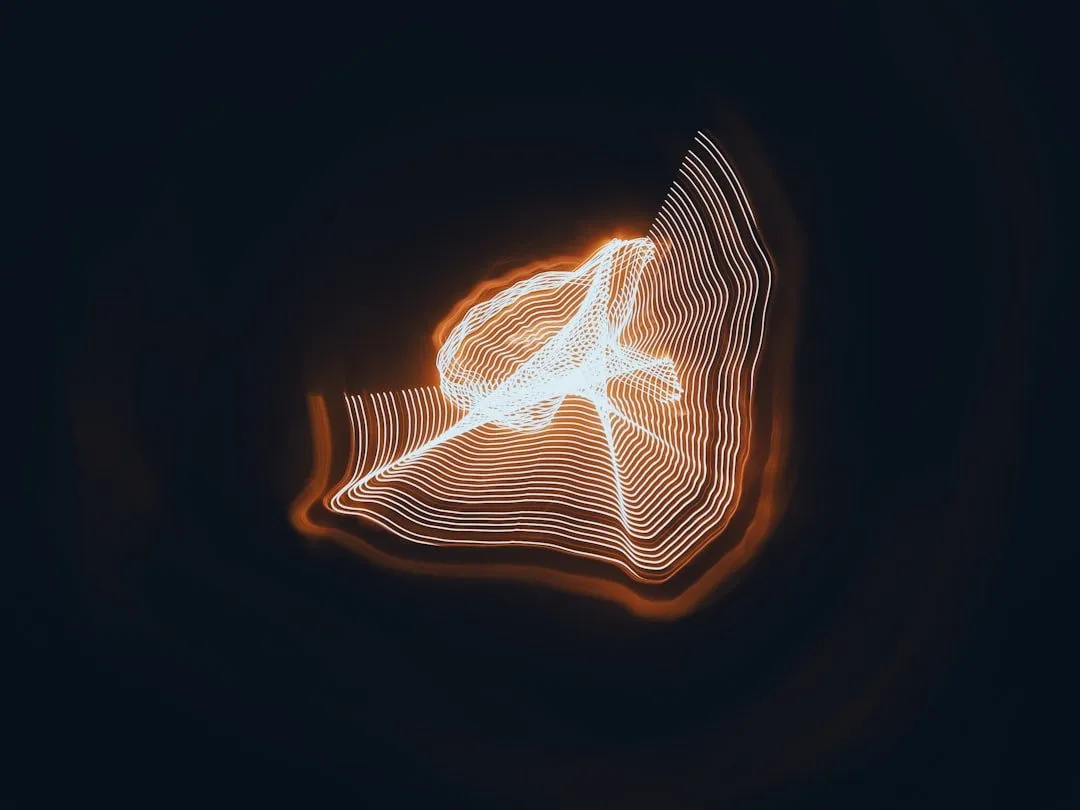
Kratom, derived from the leaves of the Mitragyna speciosa plant, has gained attention for its potential therapeutic effects on muscle soreness and recovery. This natural compound is known to interact with opioid receptors in the body, offering pain-relieving properties that can be beneficial post-workout. By engaging these receptors, kratom may help alleviate the discomfort associated with delayed onset muscle soreness (DOMS), enabling athletes and fitness enthusiasts to recover faster and return to their routines more comfortably.
Prolactin, a hormone produced by the pituitary gland, plays a significant role in various bodily functions, including muscle repair and regeneration. Research suggests that prolactin can stimulate muscle growth and enhance recovery by promoting protein synthesis and reducing inflammation. Combining kratom’s pain-relieving properties with prolactin’s restorative capabilities could create a powerful natural alliance for those seeking relief from muscle soreness. Integrating these natural allies into post-workout routines may offer an alternative approach to traditional recovery methods, catering to individuals looking for holistic solutions.
Crafting Personalized Workout Routines for Optimal Recovery
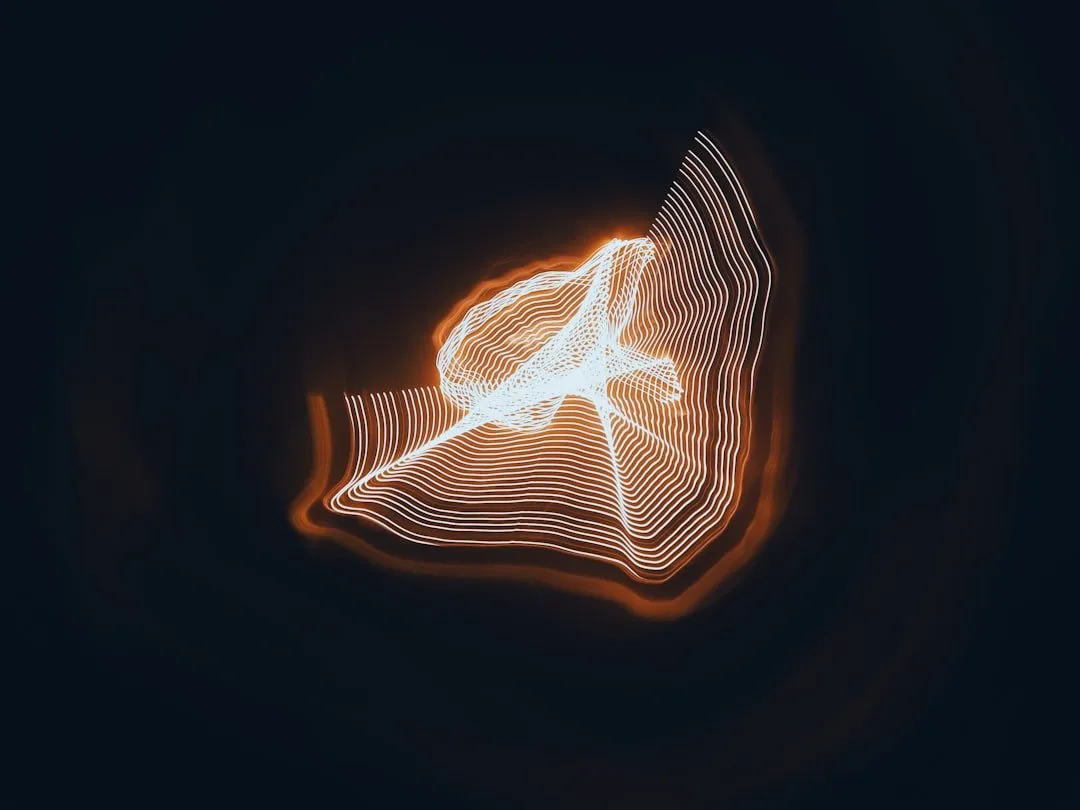
Crafting personalized workout routines is key to achieving optimal recovery, especially when addressing muscle soreness. Every individual’s body responds uniquely to exercise, so a one-size-fits-all approach won’t cut it. To design an effective plan, consider factors like fitness level, previous injuries, and specific areas of tension or pain. Incorporating a mix of strength training, stretching, and low-impact cardio can help reduce muscle soreness and promote healing. For instance, kratom—a natural extract known for its analgesic properties—can be beneficial when combined with targeted exercises that increase blood flow to sore muscles.
Prolactin, a hormone often associated with recovery and immune function, can also play a role in optimizing workout routines. By understanding prolactin’s effects, you can structure workouts that encourage its release, which may aid in tissue repair and reduce post-exercise discomfort. Personalization is the game-changer here; tailoring your routine to your body’s unique needs ensures effective soreness relief and faster recovery, allowing you to tackle future workouts with renewed energy.
By combining the power of kratom and prolactin, alongside tailored workout plans, individuals can effectively alleviate muscle soreness. These natural approaches offer a holistic solution, promoting both physical comfort and improved recovery. Incorporating targeted exercises into your routine can significantly enhance overall well-being, ensuring that discomfort doesn’t impede your fitness journey.




